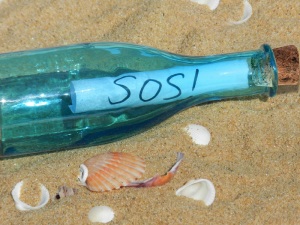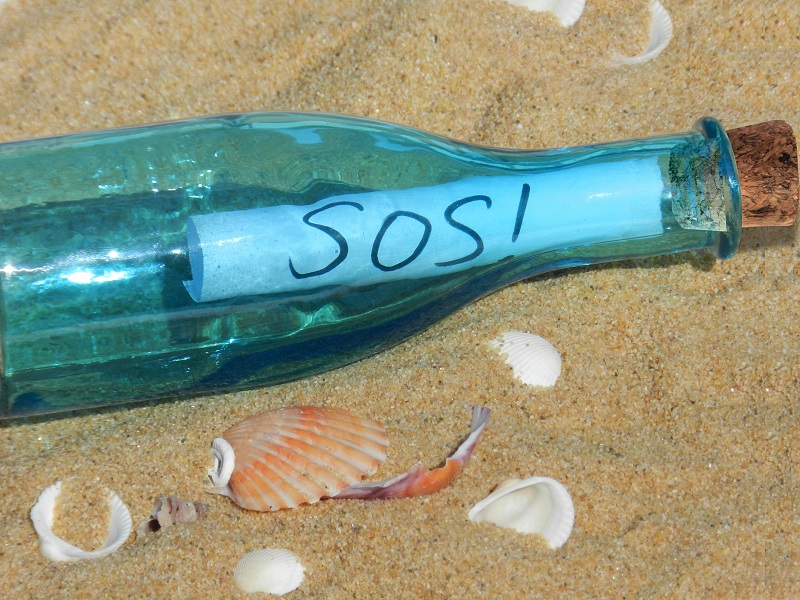As in every chapter, the key to our living for Christ rest in what the Bible says regarding our regular day to day lives. If each generation of disciples after the original Apostles had certain expectations or practices in the Lord, then we should have similar exceptions and practices. We stated our basic foundation for this is found in Jesus’s words in Matt 28:20, ‘… teaching them to obey all that I have commanded you …’. If Jesus told the original twelve disciples to do anything, then those commands were to be passed to each generation of disciples, and not just to be learned, but to be obeyed.
That we should expect healing in the name of Jesus is firmly built upon the foundation of God’s name, as well as the healing ministry as Jesus walked the earth and the promises of healing by His work on the cross. What we build on that foundation regarding a practiced healing theology will then be found in what Jesus commanded his disciples to do, and in what early church leaders taught, which is the focus of the rest of this chapter.
Initial commands and promises
Jesus repeatedly instructed his disciples to heal by His power. First He instructed the 12 disciples in Matt 10:7-8 “And proclaim as you go, saying, ‘The kingdom of heaven is at hand.’ Heal the sick, raise the dead, cleanse lepers, cast out demons.” (ESV). This event is also captured in Luke 9:1. Later Jesus expands this commission to 72 disciples in Luke 10:1, 9 “After this the Lord appointed seventy-two others and sent them on ahead of him, two by two, into every town and place where he himself was about to go … Heal the sick in it and say to them, ‘The kingdom of God has come near to you.’”
Beyond these commands, Jesus promises that all His disciples would do greater things than He did, John 14:12 “Truly, truly, I say to you, whoever believes in me will also do the works that I do; and greater works than these will he do, because I am going to the Father.” Earlier we listed but a small portion of healings that our Lord did, and He places an expectation on us that we will do even more than He did.
Finally in Mark’s commission, we see a promise to all who believe in Him, “they will lay their hands on the sick, and they will recover.” Such promises should expand our expectation, but before we are convinced, we should see if the early church expected people to be healed by the name of Jesus.

Healing as they went
The book of Acts starts with Jesus ascending to heaven, the Holy Spirit descends upon the faithful in the upper room, followed by the first ever sermon proclaiming Jesus as Lord and Savior, which results in thousands coming in the Kingdom of God. Immediately, in chapter 3, we the everyday lifestyle of disciples gathering to the temple for teaching and worship. In their journey, Peter heals a paralytic man,
“Now Peter and John were going up to the temple at the hour of prayer, the ninth hour. And a man lame from birth was being carried, whom they laid daily at the gate of the temple that is called the Beautiful Gate to ask alms of those entering the temple. Seeing Peter and John about to go into the temple, he asked to receive alms. And Peter directed his gaze at him, as did John, and said, “Look at us.” And he fixed his attention on them, expecting to receive something from them. But Peter said, “I have no silver and gold, but what I do have I give to you. In the name of Jesus Christ of Nazareth, rise up and walk!” And he took him by the right hand and raised him up, and immediately his feet and ankles were made strong.” Acts 3:1-7 ESV
This healing in Jesus’s name immediately drives a second opportunity for Peter to present salvation through Jesus Christ. The Lord used Peter so mightily that people lined up on the streets to that his shadow may pass over them to heal (Acts 5:15-16). Paul, the most prolific author of the New Testament, also was used greatly, such that handkerchiefs that he blessed would be carried to the sick, and they would be made well (Acts 19:12).
Let us not think that healing by the Spirit of God is solely in the domain of the early apostles, or only for people who would write portions of the Bible. Some would argue that just as healings prove Jesus as Divine, similarly healing authenticates the portions of Scripture written by the apostles. But there are a few New Testament authors would don’t have healings or miracles attributed to them, include Luke the gospel writer, Jude or James, though heal certainly writes about healing, as seen in a bit.
Conversely, there are many seen in Acts who heal or perform miracles in Jesus name, who never write a word of of the New Testament. This list includes Philip the evangelist, Acts 8:7, “and many who were paralyzed or lame were healed.”, Ananias who healed Paul’s blindness, and a group of disciples prayed for boldness and acts of healing, “And now, Lord, look upon their threats and grant to your servants to continue to speak your word with all boldness, while you stretch out your hand to heal, and signs and wonders are performed through the name of your holy servant Jesus.” Acts 4:29-30 ESV. Also Stephen performed many miracles in Jerusalem which eventually led to his martyrdom (Acts 6:8-15) as well as Barnabas (along with Paul), who worked many signs and wonders in Iconium, Acts 14:3.
Between these examples of non-scripture writers performing miracles and healings, and the scripture writers who don’t have any attributed miracles or healings, we should put to rest the idea that healing in Jesus name was reserved for the early Apostles or scripture writer. For the Word of God clearly states that an expectation of healing in Jesus name is available to every disciple of Christ, throughout all times.
Still some want to persist that healing in the name and authority of Jesus isn’t to be pursued as a regular expression of the saints. Some teach Paul might have proclaimed the Gospel, and demonstrated it with power, but it was just a one time authentication of the gospel message. But this doesn’t make sense.
These miracles didn’t authentic Paul as one who would write Biblical letters, for he wasn’t even planning to write those when he was planting churches and preforming miracles in Jesus name. No, the miracles authenticated the gospel he was preaching. In his own words, “For I decided to know nothing among you except Jesus Christ and him crucified. And I was with you in weakness and in fear and much trembling, and my speech and my message were not in plausible words of wisdom, but in demonstration of the Spirit and of power” 1 Cor 2:2-4 ESV and “For the kingdom of God does not consist in talk but in power.” 1 Cor 4:20 ESV.
Likewise, we should continue to seek to proclaim the gospel with words, but also demonstrate the power of the gospel with the power of God. One of my good friends constantly says that we need to continue to proclaim the gospel, but add to it an equal measure of demonstrating the gospel, just as Paul did.
Beyond the Gospel, into the Church
We have already covered the passage in 1 Peter 2:24 where he exhorts us to expect healing in the same measure we expect forgiveness. Peter was re-exhorting a church to continue to pursue healing in their midst, by the power of Christ’s sacrifice on the cross. In James chapter 5, these exhortations are expanded beyond just an expectation, but James gives some practical how to’s.
“Is anyone among you sick? Let him call for the elders of the church, and let them pray over him, anointing him with oil in the name of the Lord. And the prayer of faith will save the one who is sick, and the Lord will raise him up. And if he has committed sins, he will be forgiven. Therefore, confess your sins to one another and pray for one another, that you may be healed. The prayer of a righteous person has great power as it is working.” James 5:14-17 (ESV)
James describes what should be a regular practice in all churches for all disciples. This passage describes the seeking of prayer on the behalf of the sick. The confession of sins, and an expectation that they ‘may be healed’. Not just comforted. Not just encouraged. Not told to carry on. But encourage to seek prayer for healing just as much as they confess their sins for forgiveness. If we believe our sins are forgiven when we confess them, then let us also believe the Lord will heal us when we pray.
Specifically Equipped to Heal
Beyond the general exhortations to expect healing, Paul write in 1 Corinthians that the Holy Spirit specially equips some for this work. All of 1 Cor, chapter 12 is dedicated to gifts that the Holy Spirit distributes to the churches, and verse 9 specifically mentions healing: “to another gifts of healing by the one Spirit,” 1 Cor 12:8 ESV.
Notice the plural ‘gifts’ of healing. There can be a variety of gifts of this type, not just a single way the Holy Spirit works healing through a person. Beyond a general understand for healing in Jesus name, or the empowering of elders to pray for the sick, the Holy Spirit also gives certain disciples of Christ a special grace to affect a great many healings through Jesus.
All of these stories and situations demonstrate that the churches the apostles planted, and later encouraged through letters, we planted with an expectation of healing in Jesus name. They were established amidst signs and healings, and were taught to continue to exercise the gifts of the Spirit, which included healing and miracles.
— An excerpt from an upcoming book, (Super)Natural Theology, a look at moving our theology into a daily expectation of God moving in our midst. From the healing chapter.




